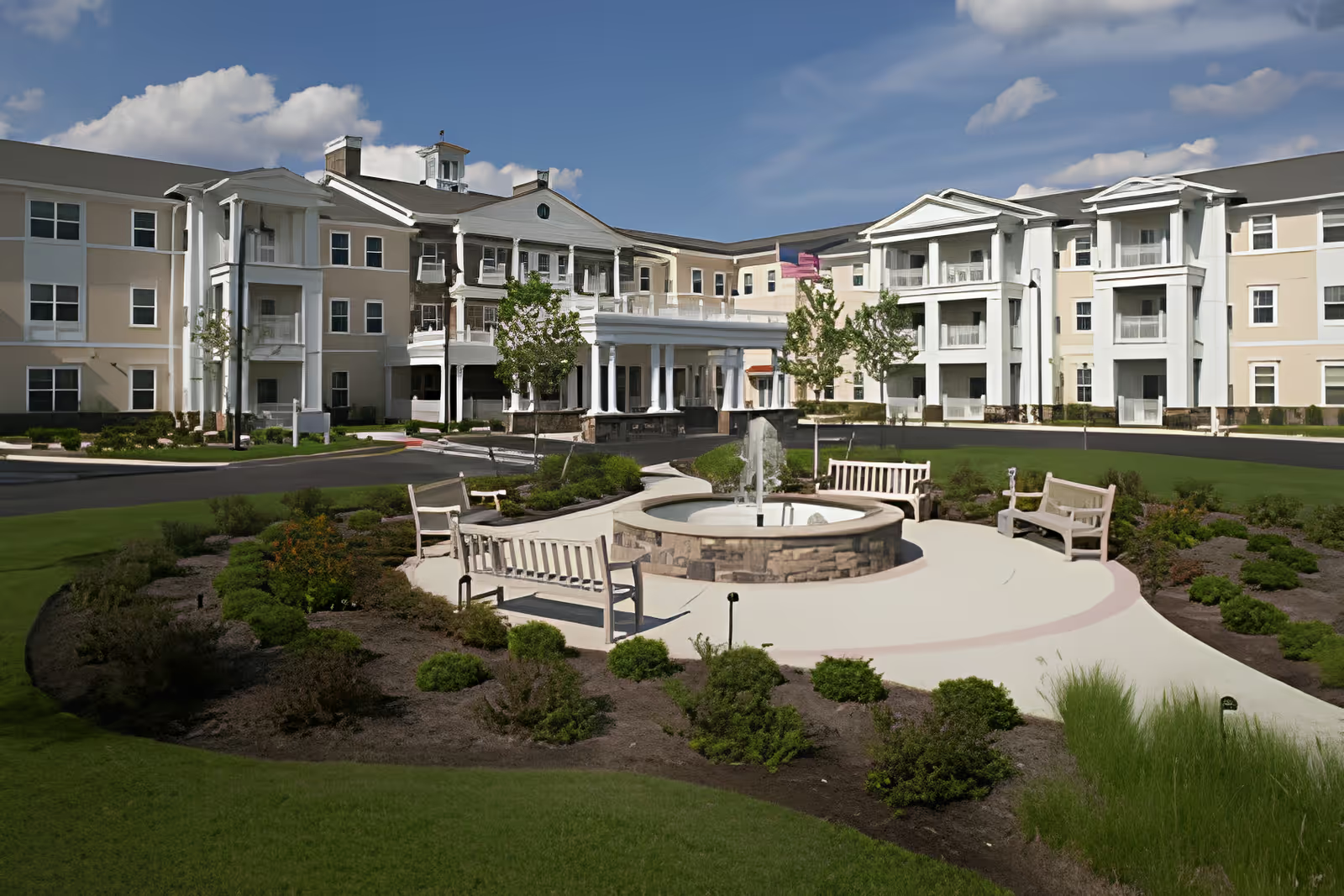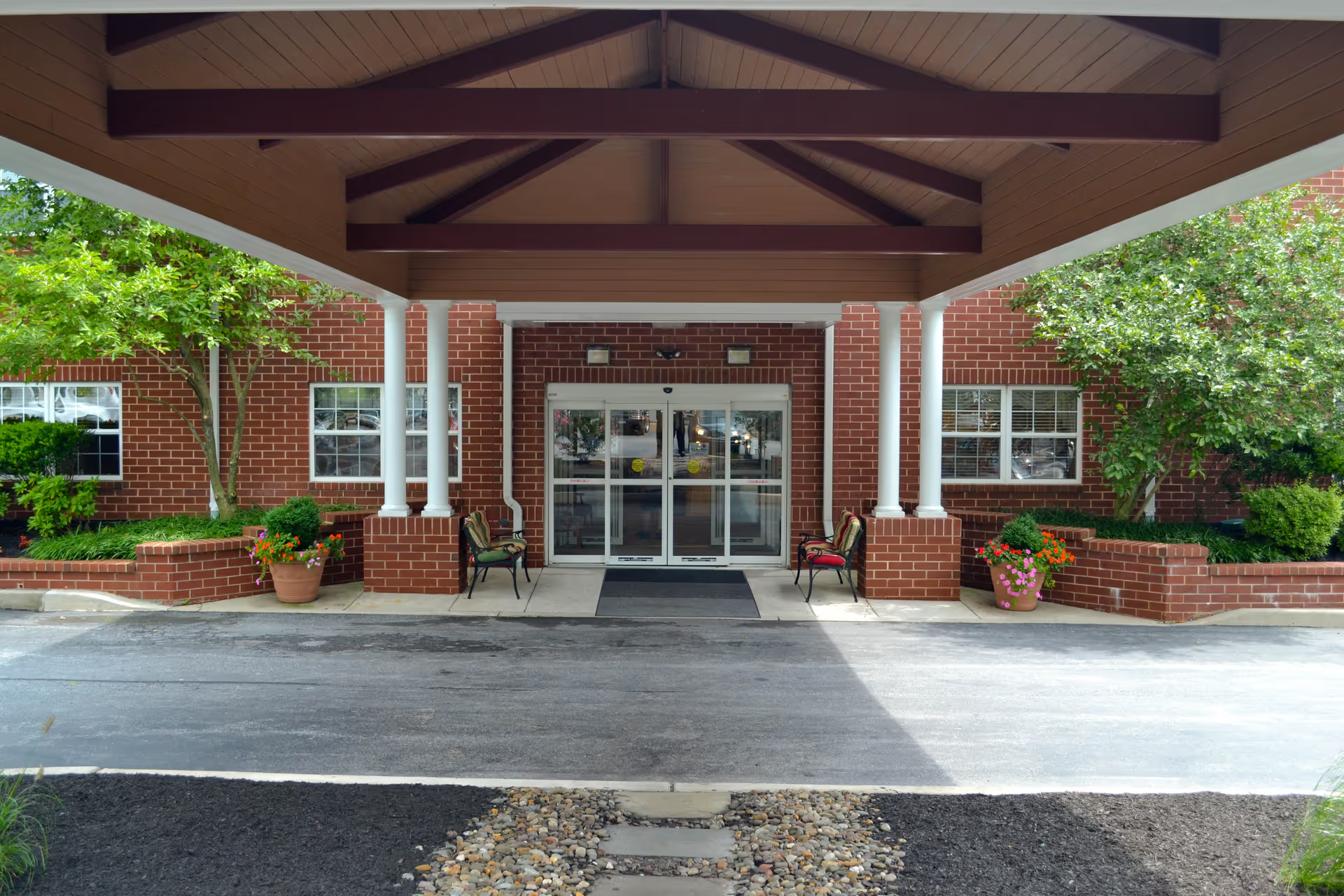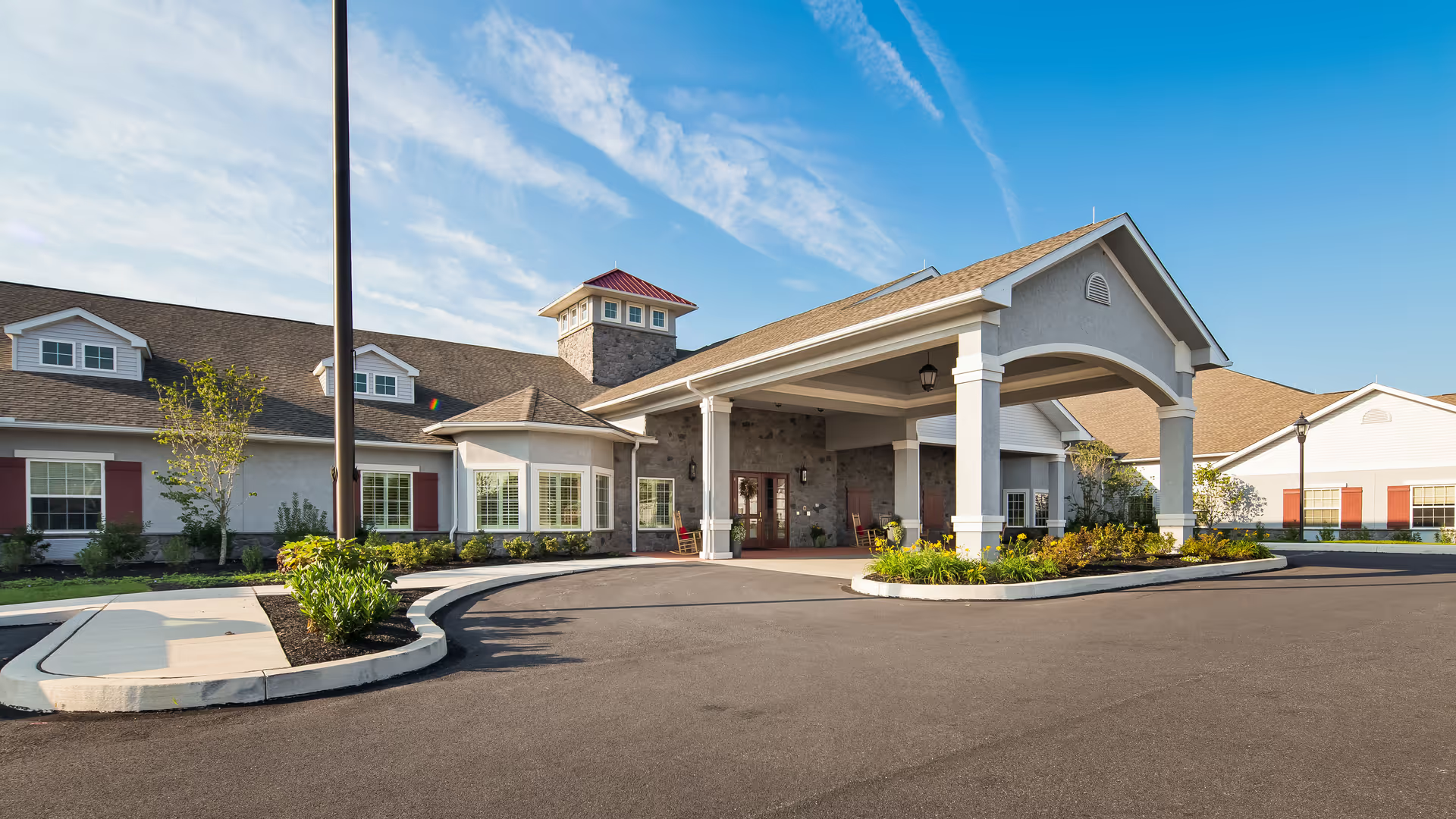The reviews for St. Francis Center for Rehabilitation & Healthcare are highly polarized, showing a facility that delivers excellent, compassionate care for many residents and families at times, while also generating numerous reports of serious neglect, safety and cleanliness problems. Across the corpus of summaries there is a repeated pattern: some floors, shifts, and named staff (for example, activity staff like Starr/Star, admissions staff such as Jessica, and administrators like Adris) are repeatedly praised for responsiveness, compassion, and high-quality therapy and rehabilitation outcomes. Physical and occupational therapy, wound care, engaging activities, spiritual programming, and newly renovated private rooms earn consistent positive comments. Many families report that specific nurses, aides, therapists and activity leaders go “above and beyond,” producing successful rehabs, visible improvements, and genuine resident enjoyment. Several reviewers describe the facility as clean, welcoming, and well-run — often citing a pleasant exterior, garden areas, chapel access, and secure check-in.
However, an equally large and concerning cluster of reviews report systemic issues. Chronic understaffing and high turnover are the dominant themes among negative reviews and are linked to more specific failures: ignored call lights, long response delays to alarms, unattended bed alarms, and residents left soiled or without food. Multiple accounts describe inadequate medication management (missed doses, medications found on carts or in trash, medication refusal or mismanagement), inadequate pain control for short-term rehab patients, and troubling patterns such as significant weight loss, feeding-tube decisions, and hospice controversies. Safety concerns include falls, delayed ambulance responses, resident-on-resident aggression and bullying, unaddressed injuries, and alleged holding of residents against their will. These incidents are sometimes reported alongside claims that police or outside responders did not follow up.
Cleanliness and infection-control issues are reported repeatedly and loudly in the negative reviews. Numerous reviewers allege roach and mouse infestations, persistent urine and feces odors, stained mattresses, dried feces in rooms, and rooms that are not regularly cleaned. Some reports describe live roaches on traps and mice evidence in cabinets. Conversely, other reviewers say parts of the building are “impeccably clean” or newly renovated, suggesting significant variability by floor or unit. Several reviews also mention delayed or failed laundry service, soiled bedding left in rooms, and a lack of basic supplies for staff, which compounds the impression of inconsistent housekeeping and supply management. Reports of serious infections (C. diff referenced by at least one reviewer) and general concern about infection control led multiple people to call for regulatory review.
Dining and nutrition are another mixed area. Many reviewers praise dining events, special meals (birthday dinners, Captain’s Night), and frequent positive comments about food from satisfied residents. Simultaneously, a recurrent negative thread describes cold meals, tiny “toddler” portions, poor meal timing (dinner as early as 5pm; breakfast late around 9am), sandwiches unavailable, and some residents going hungry. These problems appear to be tied to staffing and kitchen management and are presented as both a comfort/quality of life issue and a clinical concern when residents lose weight.
Communication, transparency, and management responsiveness emerge as major differentiators between positive and negative experiences. Several families commend social workers, admissions, and particular administrators for clear, helpful communication, transition planning, and discharge/home transition support. In contrast, many others describe unreturned phone calls, unresponsive administration, poor handling of room transfers and death notifications, and staff who snatch or control family phones. There are allegations of dishonesty regarding pay and management behavior, a toxic workplace culture, and that leadership has failed to address chronic staffing, cleanliness, and safety issues.
A particularly serious set of allegations involve abuse, theft, and unethical behavior. Multiple reviewers report missing money, stolen wallets, staff rummaging through residents’ belongings, and personal items discarded. Several reviewers assert verbal or physical mistreatment (an aide slapping a resident, nurses being verbally abusive), and some state they believe profit motives drive the facility’s decisions. These allegations, combined with the sanitation and medication management concerns, prompted repeated calls from reviewers for state inspections, investigations, or even closure.
Notably, many reviewers emphasize variability: the experience appears to depend heavily on which unit, shift (weekend vs. weekday; night vs. day), or staff members are on duty. Several accounts contrast a “wonderful” activities department, excellent therapy teams, and clean renovated rooms with reports of a filthy fourth floor, sleeping nurses, and wards where supplies are missing. This inconsistent standard suggests systemic management and staffing problems rather than uniform care quality.
Given the breadth of praise and the severity of the complaints, the overall picture is mixed but cautionary. Strengths center on a highly-regarded activities program, committed individual caregivers and therapy teams, some clean and renovated spaces, and successful short-term rehab outcomes for many patients. Weaknesses are substantial and include persistent reports of understaffing, neglect, cleanliness and infestation problems, medication and nutritional failures, safety incidents, theft, poor management responsiveness, and troubling allegations about inappropriate use of psychotropics and end-of-life decision-making. Prospective residents and families should assume experience may vary substantially by unit and time of day, and should do focused due diligence: visit at multiple times (including evenings and weekends), ask for current staffing ratios and recent inspection/deficiency reports, inquire about infection-control practices and pest control records, review meal schedules and menus, verify policies for medication handling and incident reporting, and get direct contact names for administrators and social work. If concerns from these reviews (infestation, theft, missed meds, abuse, or neglect) are suspected in a current placement, families should document incidents, take photos, and contact state long-term care ombudsman and health licensing authorities promptly.







